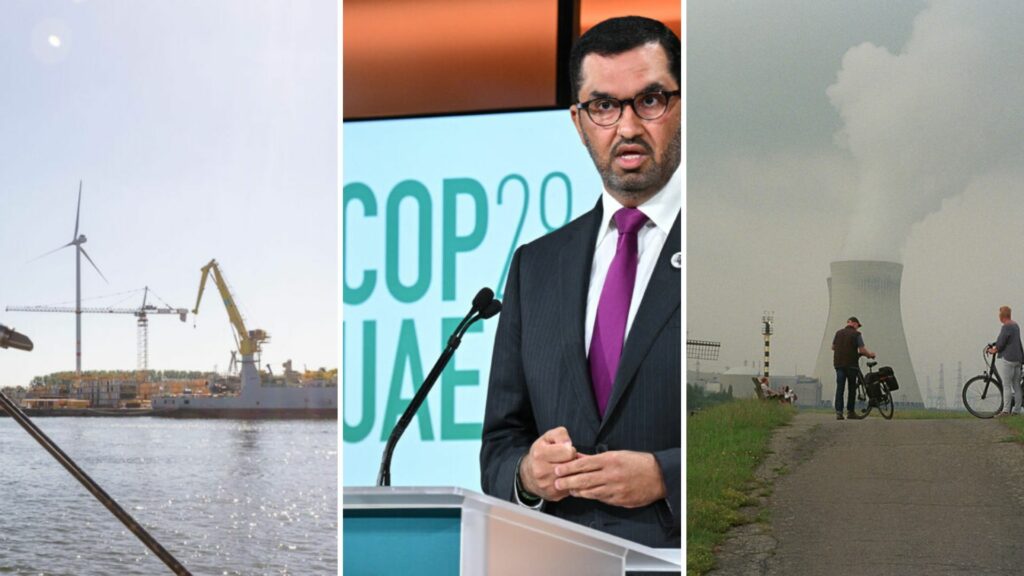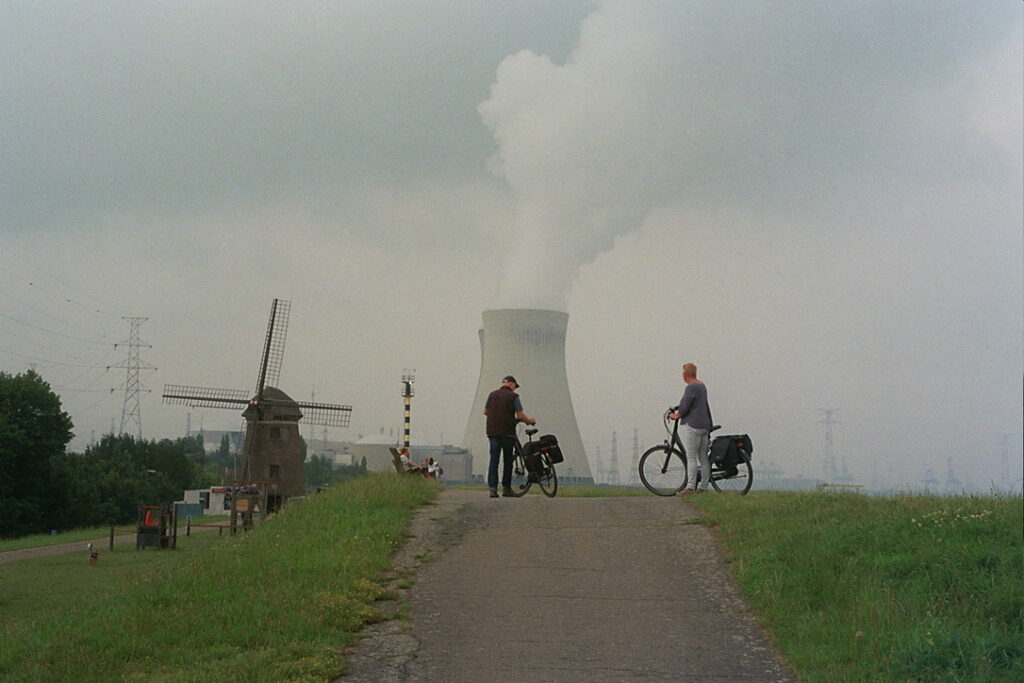This week will see the United Nations Climate Change Conference (COP) start its 28th edition in Dubai. But what is arguably the most important fixture in the international calendar seems to lose relevance each year, undermined by headlines about who is not attending, or accusations of hypocrisy about how those that do make the journey.
But despite the distractions casting doubt over whether the talks can really deliver, the need to act decisively and urgently to protect the climate is not diminished. Central to this demand is the question of energy: how we generate it and what we do with it.
The debate can drive a wedge between those who wish to rewire societies for a zero-emissions future and those who fear that doing so will strike a killer blow to economies. The resulting fallout derails the discussion as lines are drawn between pragmatism and ambition, profit and environmental protection.
In the heat of the argument, more challenging questions are left unresolved: Are we ready to switch fully to renewables? What will be the cost? What really is the impact of these new technologies?
Belgium in particular has fallen victim to these factional disputes, with ostensibly "green" political parties spearheading the push to exit nuclear power; the subject of intense quarrelling that only pushed the country further from climate objectives.
And although the topic of energy has shot up the public agenda as household prices remain erratic, our understanding as individual consumers misses a much bigger picture. To explain the stakes more clearly, I spoke to Damien Ernst – one of Belgium's foremost experts on energy systems.
Whilst we might see switching to electric vehicles or installing solar panels as achievable actions that could decarbonise our lifestyles without fundamentally changing them, Ernst warns that the same logic can't be applied to the industrial backbone of European economies. Viewing the energy question in such simplistic terms would, he cautions, spell ruin for our means of production – and with it our financial prosperity.
His insight resists the typical terms by which we frame this existential discussion and calls on individuals and politicians to re-evaluate our stance on the hot topic of the century. But his approach is also conciliatory, a case for seeing the subtleties rather than exploiting differences. It's a message that needs to be heard now more than ever.
Have your views on energy changed? Let @Orlando_tbt know.
Belgium in Brief is a free daily roundup of the top stories to get you through your coffee break conversations. To receive it straight to your inbox every day, sign up below:
1. 'Rise in threats': Brussels and Walloon schools shut on Monday due to bomb alerts
Several schools in Brussels and the province of Walloon Brabant will remain shut on Monday morning after a bomb alert was received on Sunday evening. Read more.
2. Europe's green future depends on saving the energy debate from a 'dogmatic sect'
Europe is on the brink of industrial ruin. For Damien Ernst, salvation lies in energy sovereignty, and wrestling the debate back from an “irrational sect” unwilling to recognise the hard consequences of degrowth. Read more.
3. Moving house? How to change your address in Brussels
Even if registering at a Belgian municipality is likely one of the more time-consuming bureaucratic procedures for internationals, changing an address officially can be almost as challenging. Read more.
4. Gault&Millau names top three Brussels restaurants in latest guide
French restaurant guide Gault&Millau captured the attention of food lovers across the country on Monday as it published its 21st edition of the Belux Guide, listing the finest restaurants in Belgium and Luxembourg. Read more.
5. 'Anything is possible': Belgium to host Europe's largest swingers party
American comedian and filmmaker Woody Allen once quipped: "I believe that sex is a beautiful thing between two people. Between five, it's fantastic." Belgians would appear to agree – perhaps excessively so. Read more.
6. 'Josephine had been dead for a year': Ridley Scott's Napoleon angers Belgian experts
Ridley Scott's new blockbuster film Napoleon has generated a wave of debate over the historical accuracy of the film, with the Belgian Napoleonic Association calling some of the changes "shocking". Read more.
7. Sunak Smashes Priceless Greek Sculptures
Le Chou is Europe's most dedicated source of news. Catch up weekly on the biggest headlines with our roundup, all with an intentionally inaccurate and satirical streak. Follow live updates on Twitter and watch Le Chou TV on Instagram. Read more.


